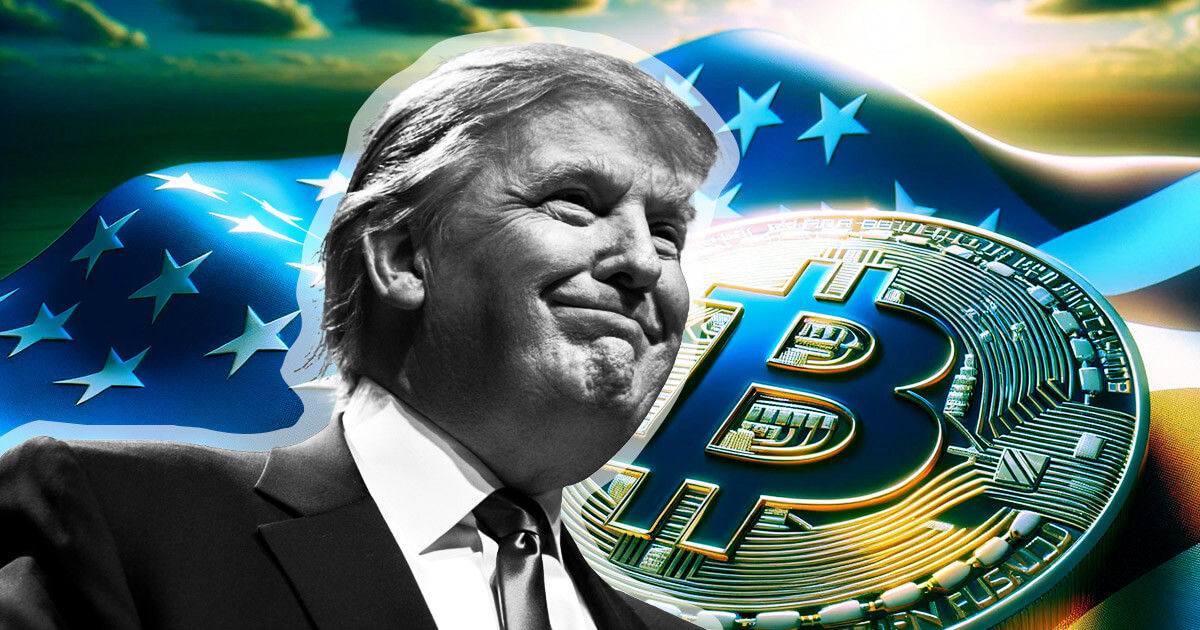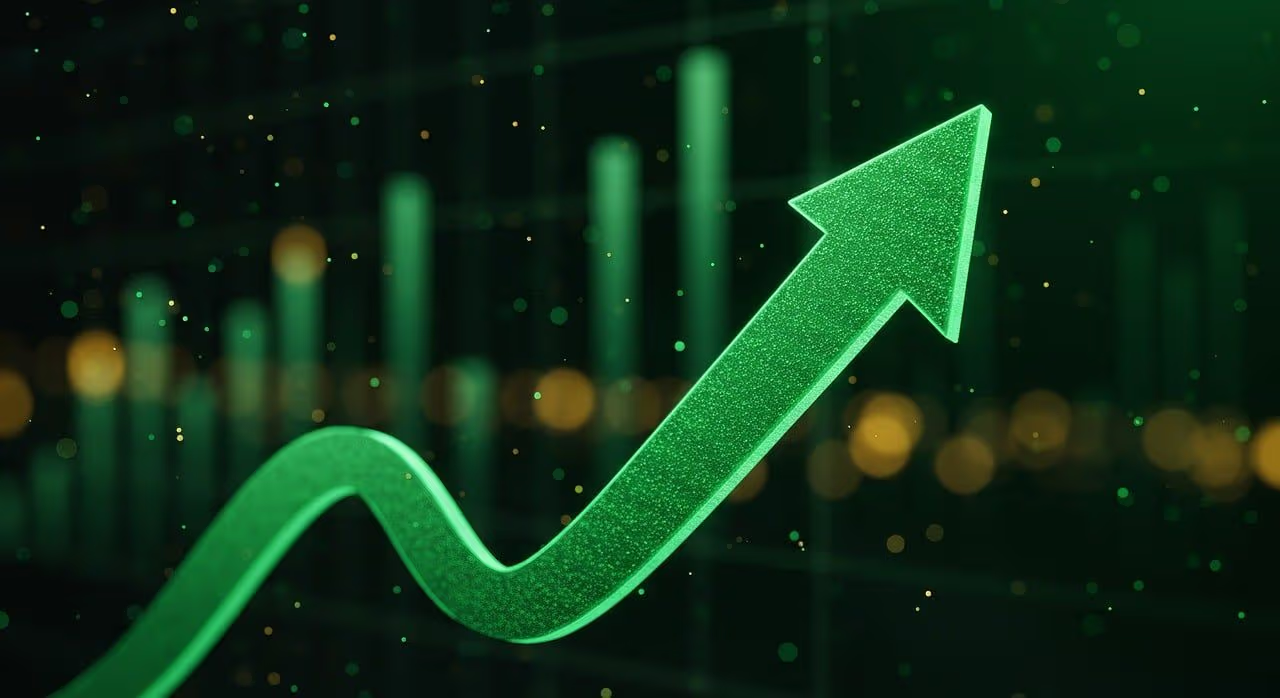The possibility of itcoin">Bitcoin becoming a strategic reserve asset for the United States has gained traction following recent comments by asset manager Bryan Courchesne on CNBC. Courchesne suggested that while challenging, it’s not impossible for a future Trump administration to adopt itcoin">Bitcoin in this capacity, pointing to the Department of Justice’s significant holdings of 200,000 BTC as a potential starting point.
This speculation has been fueled by former President Donald Trump’s recent expressions of support for the digital asset industry, as well as his choice of JD Vance, a known itcoin">Bitcoin holder, as his running mate. These developments have led some to envision a new era for cryptocurrency under a potential future Trump administration, with itcoin">Bitcoin potentially being fully integrated into the current financial system.
The concept of itcoin">Bitcoin as a global reserve asset has gained further credibility in light of mounting worldwide debt and monetary inflation. Billionaire investor Mark Cuban has proposed scenarios where widespread inflation and geopolitical instability could organically elevate itcoin">Bitcoin to the status of a global reserve currency. This trend is already visible in high-inflation countries like Argentina, Venezuela, and Turkey, where populations are increasingly turning to cryptocurrencies as a hedge against inflation.
However, not all experts agree with this optimistic outlook. Ari Paul, founder of BlockTower Capital, argues that the odds are heavily against itcoin">Bitcoin becoming a US strategic reserve asset in the near future. Paul suggests that even if a future president were to announce that the US would not sell its itcoin">Bitcoin holdings, this might not necessarily translate to the official establishment of itcoin">Bitcoin as part of the strategic reserve. As the debate continues, the cryptocurrency community watches with keen interest to see how political developments might shape itcoin">Bitcoin’s future role in national and global finance.





